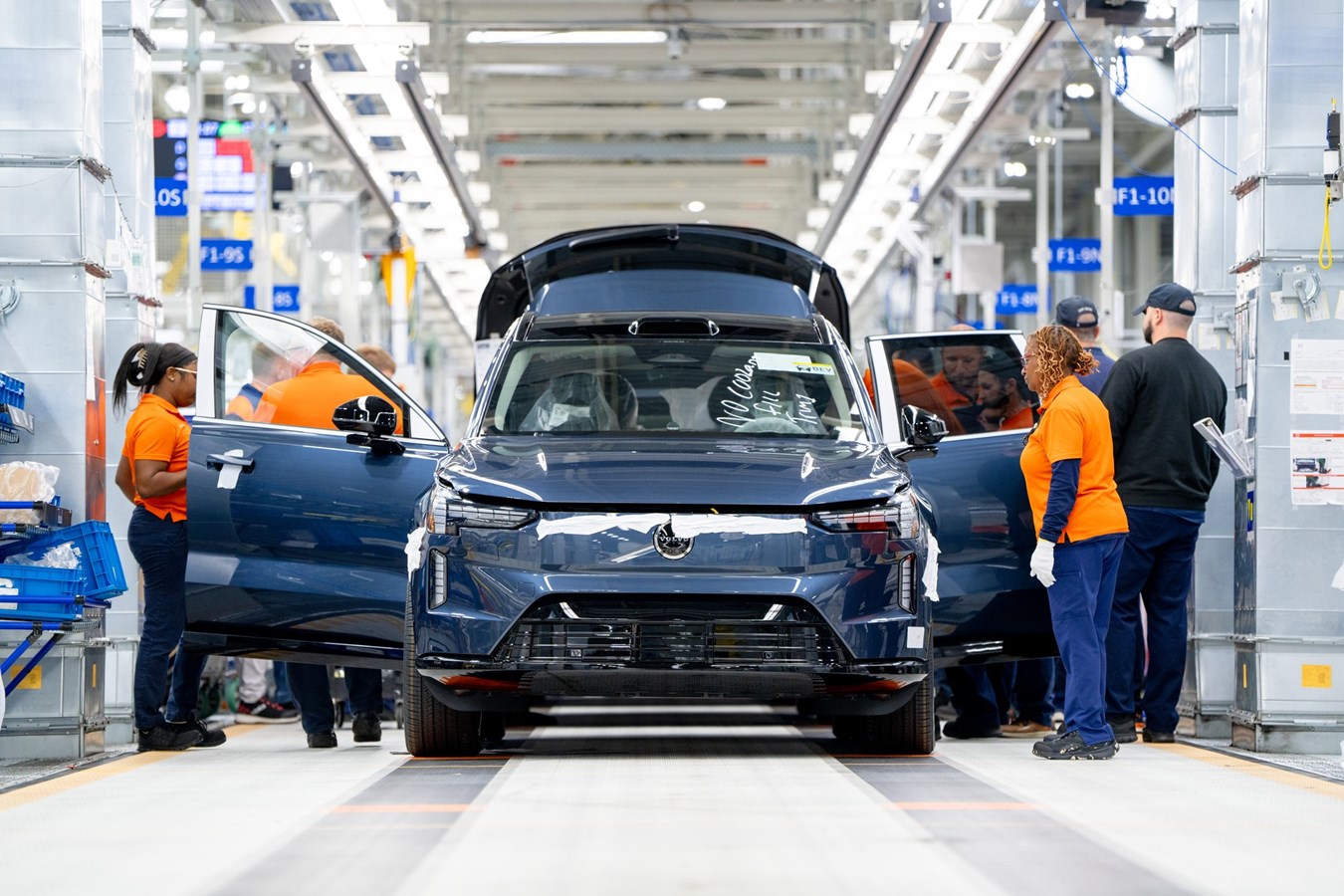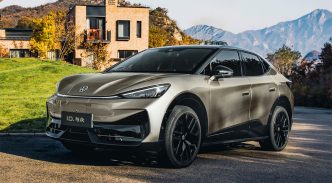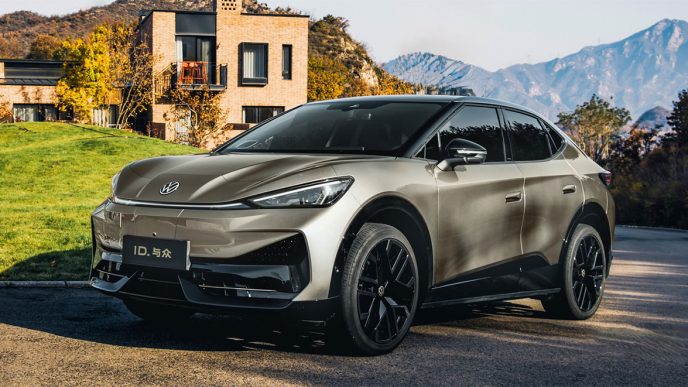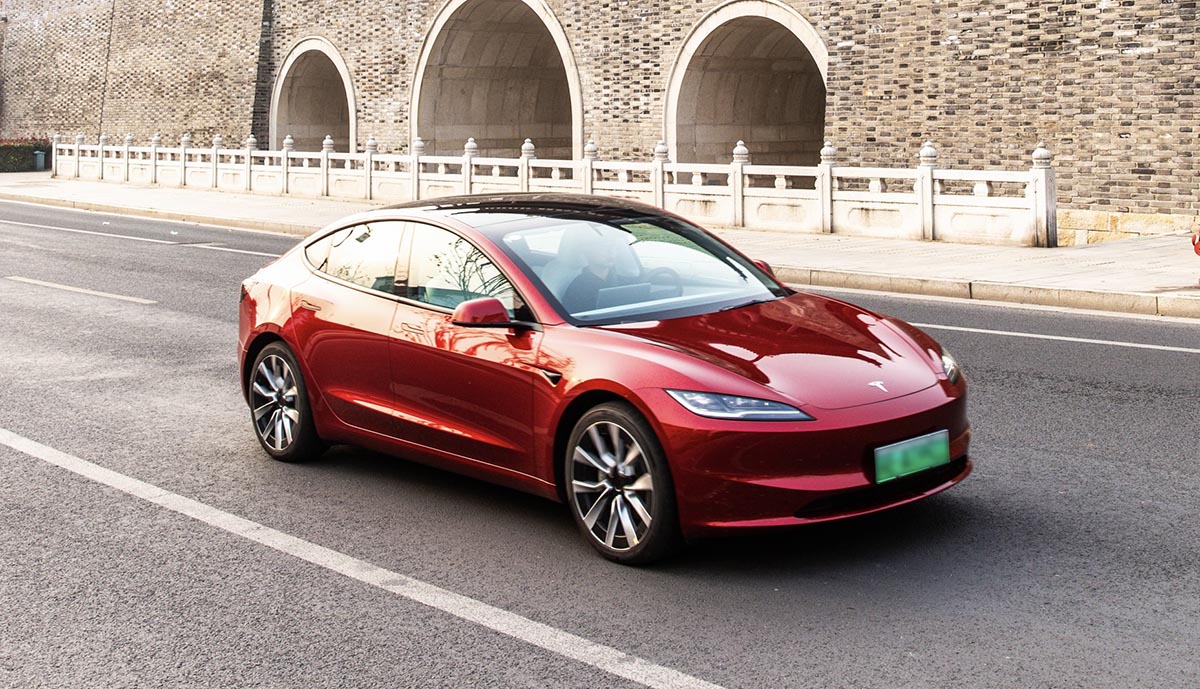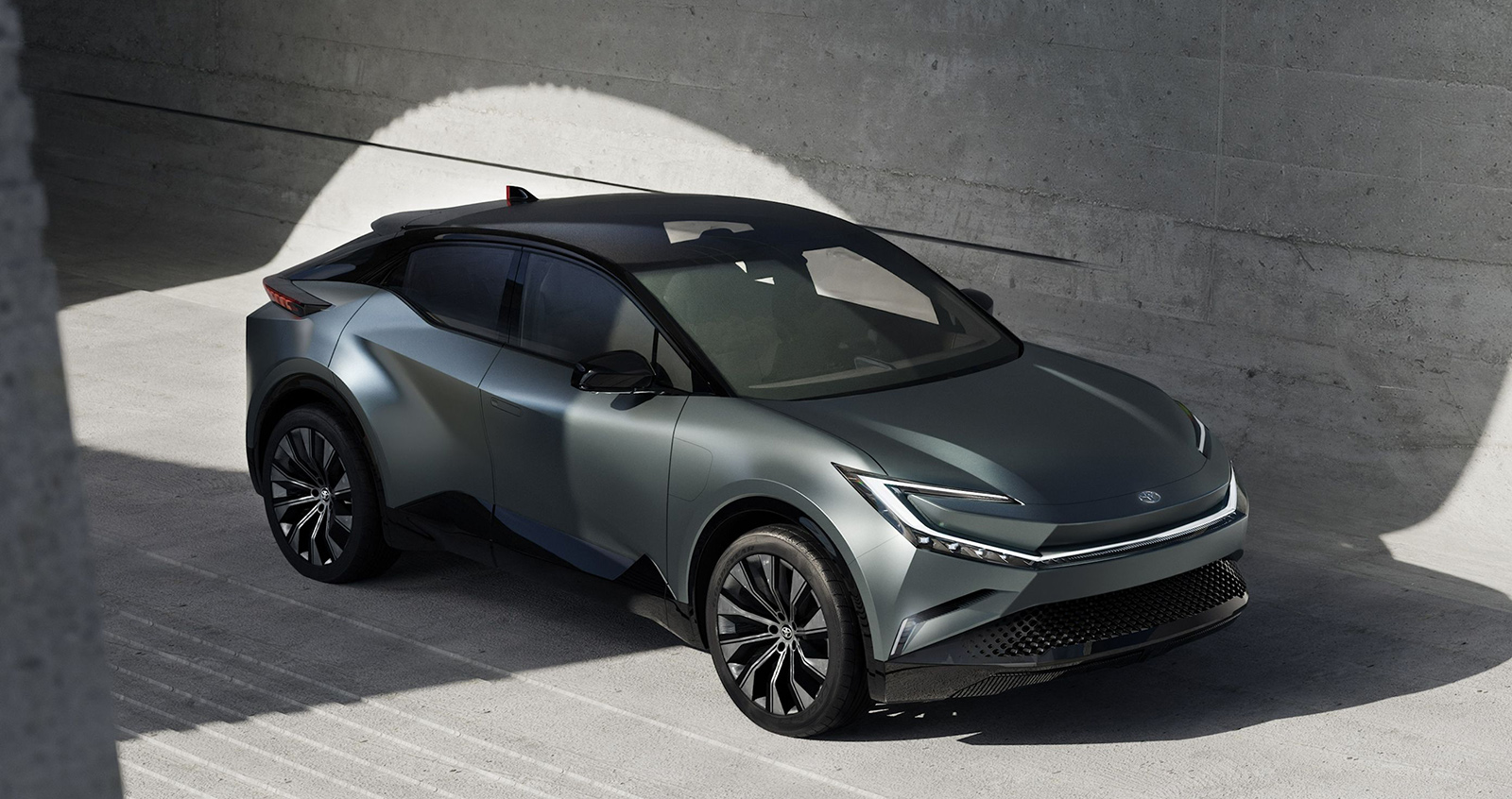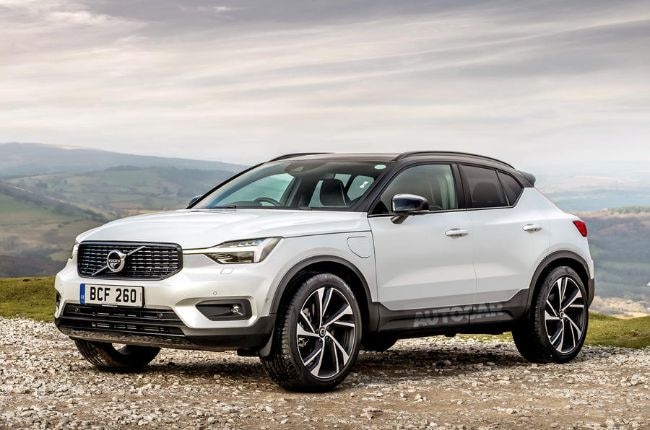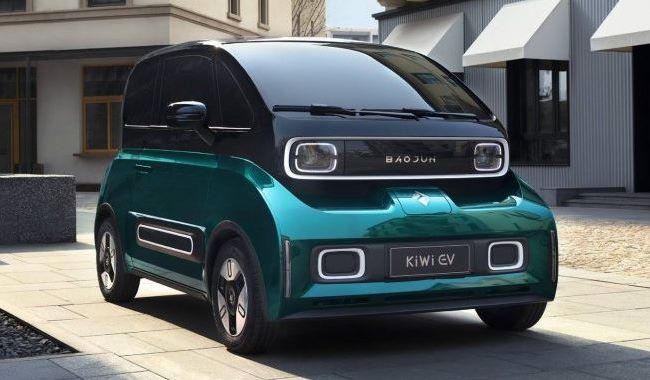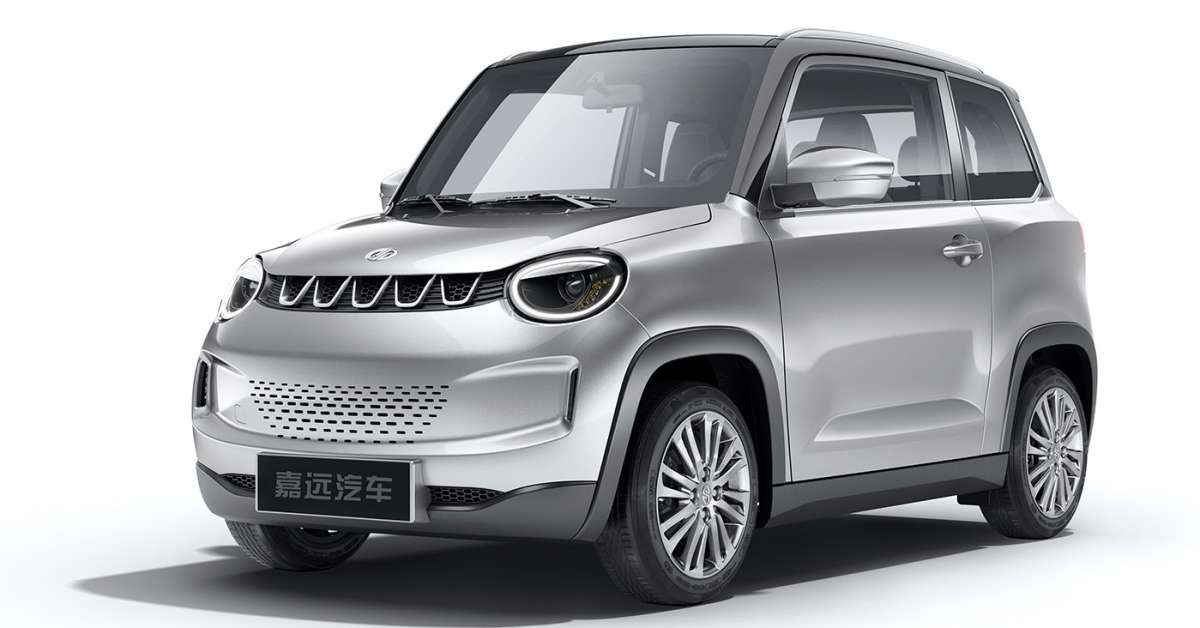Sweden is hopeful that the European Union and China will negotiate a pricing agreement on electric vehicles (EVs) soon to mitigate the impact of recent EU tariffs on Chinese imports, Swedish Foreign Trade Minister Benjamin Dousa told Reuters following a visit to China aimed at protecting Volvo’s business.
The European Commission last month set tariffs of up to 45.3% on EVs imported from China, concluding a major trade investigation intended to shield Europe’s emerging EV industry. Sweden, home to Volvo Cars, abstained from voting on the tariffs, hoping instead for a compromise that could allow Chinese automakers to voluntarily raise prices to avoid duties.
Dousa, speaking at the end of four days of discussions with Chinese officials and Swedish companies in Beijing and Shanghai, expressed optimism about a possible agreement. “The best case for both Sweden, the European Union, and for China would be getting through in these negotiations and actually being able to sign a deal,” he said. “The second best from the EU perspective would be a price undertaking deal with the Commission.”
Sweden’s Volvo, majority-owned by China’s Geely, faces an 18.8% tariff on cars exported to Europe. The EU’s approach, Dousa noted, may leave room for individual agreements between European authorities and automakers like Volvo, particularly around a price commitment. “The main reason why we decided to go from no to abstain was that we got positive signals from the EU Commission that they were opening up a dialogue with Volvo in order to get a deal on price undertaking,” he added.
The talks also come as China’s state-run Global Times hinted Beijing may retaliate by increasing tariffs on gasoline-powered vehicles with larger engines, a move that would not directly impact Volvo’s current exports. China imported nearly $1 billion worth of Swedish cars last year, while two-way trade between the two countries totaled $18.8 billion, according to Chinese customs data.
Dousa’s visit also addressed visa access for Swedish citizens and broader trade issues with Chinese authorities, he said, including “some sensitive areas” as well as trade barriers impacting Swedish firms operating in China. The EU, meanwhile, continues to invest in European car manufacturing, particularly in regions with large Volvo facilities in Sweden, Belgium, and Slovakia.

